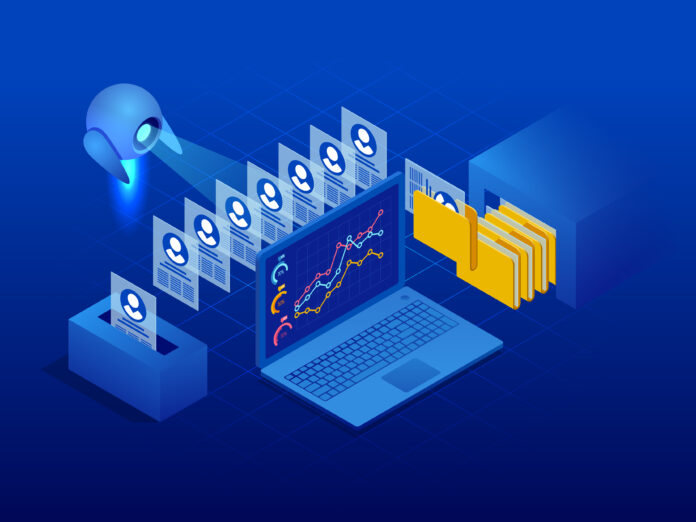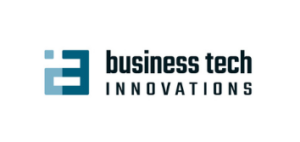
The integration of artificial intelligence (AI) into human resources management has transformed the way companies recruit, assess, and manage their workforce. AI-driven tools and algorithms have the potential to improve efficiency, reduce bias, and enhance decision-making in HR processes. However, as this technology becomes more prevalent, ethical concerns have arisen. This article delves into the ethical implications of AI integration in human resources management and explores the challenges and opportunities it presents.
The Promise of AI in HR Management
AI offers numerous benefits when applied to HR management:
- Efficiency: AI can automate repetitive tasks, such as resume screening and initial candidate assessments, saving HR professionals valuable time.
- Data-Driven Decision-Making: AI analyzes vast amounts of data to provide insights for better recruitment, performance evaluations, and employee development.
- Reducing Bias: AI can be programmed to minimize biases in recruitment, ensuring a fair and equitable hiring process.
- Improved Employee Experience: AI-powered chatbots and virtual assistants can enhance employee support and engagement.
Ethical Concerns in AI Integration
Despite its potential, AI integration in HR management raises several ethical concerns:
- Bias in Algorithms: Biases present in historical data used to train AI models can perpetuate discrimination. For example, if past hiring decisions favored certain demographics, AI may unintentionally reproduce those biases.
- Transparency: Lack of transparency in AI algorithms and decision-making processes can make it challenging to hold AI systems accountable for their actions.
- Privacy: AI systems can collect, analyze, and store vast amounts of personal data, raising privacy concerns and potential misuse.
- Algorithmic Fairness: Ensuring fairness in AI models and addressing disparities in hiring, pay, and promotions is a complex challenge.
- Job Displacement: The fear of AI automating human jobs can create ethical dilemmas related to unemployment and reskilling.
The Ethical Imperative in AI Integration
To address these ethical concerns, HR leaders and organizations should consider the following principles:
- Transparency: Organizations must strive for transparency by openly communicating their use of AI in HR processes, ensuring employees and candidates understand how these technologies work.
- Accountability: HR leaders should be accountable for AI-driven decisions, monitor algorithms for biases, and rectify discrepancies.
- Diversity and Inclusion: Promoting diversity in AI development teams can help reduce bias in AI models, leading to fairer outcomes.
- Data Privacy: Ensure compliance with data protection regulations and prioritize data security to protect the privacy of employees and candidates.
- Algorithm Auditing: Regularly audit AI systems to identify and address biases and inaccuracies.
Case Studies: Ethical AI in HR
Several companies have successfully implemented ethical AI in HR management:
IBM
IBM’s Fairness 360 Toolkit: IBM‘s commitment to ethical AI in HR is demonstrated through its open-source Fairness 360 toolkit. This comprehensive solution aims to identify and mitigate bias in AI models, with a strong emphasis on fairness and transparency. By leveraging this toolkit, IBM demonstrates its dedication to building inclusive and unbiased AI systems.
Unilever
AI-Driven Diversity Initiatives: Unilever has embraced AI in its hiring process with a focus on reducing gender and ethnic bias while simultaneously enhancing diversity within its workforce. Unilever’s commitment to ethical AI is evident in its efforts to create a fair and inclusive hiring environment.
Accenture
The Fairness Tool: Accenture is a pioneer in developing ethical AI solutions for HR management. The company has created the “Fairness Tool” as a means to assess AI models for bias and has established clear guidelines for responsible AI use. This proactive approach sets a benchmark for addressing bias in HR processes.
With Great Power Comes Great Responsibility
The integration of AI in human resources management offers both significant advantages and ethical challenges. While it can streamline processes and reduce bias, it requires vigilant attention to ensure fairness, transparency, and accountability. By adopting ethical AI principles, HR leaders and organizations can harness the power of AI in a way that benefits both the company and its workforce, creating a more equitable and efficient HR environment. The journey toward ethical AI integration in HR is not without its challenges, but it is an essential step toward a brighter and more equitable future for the workplace.




